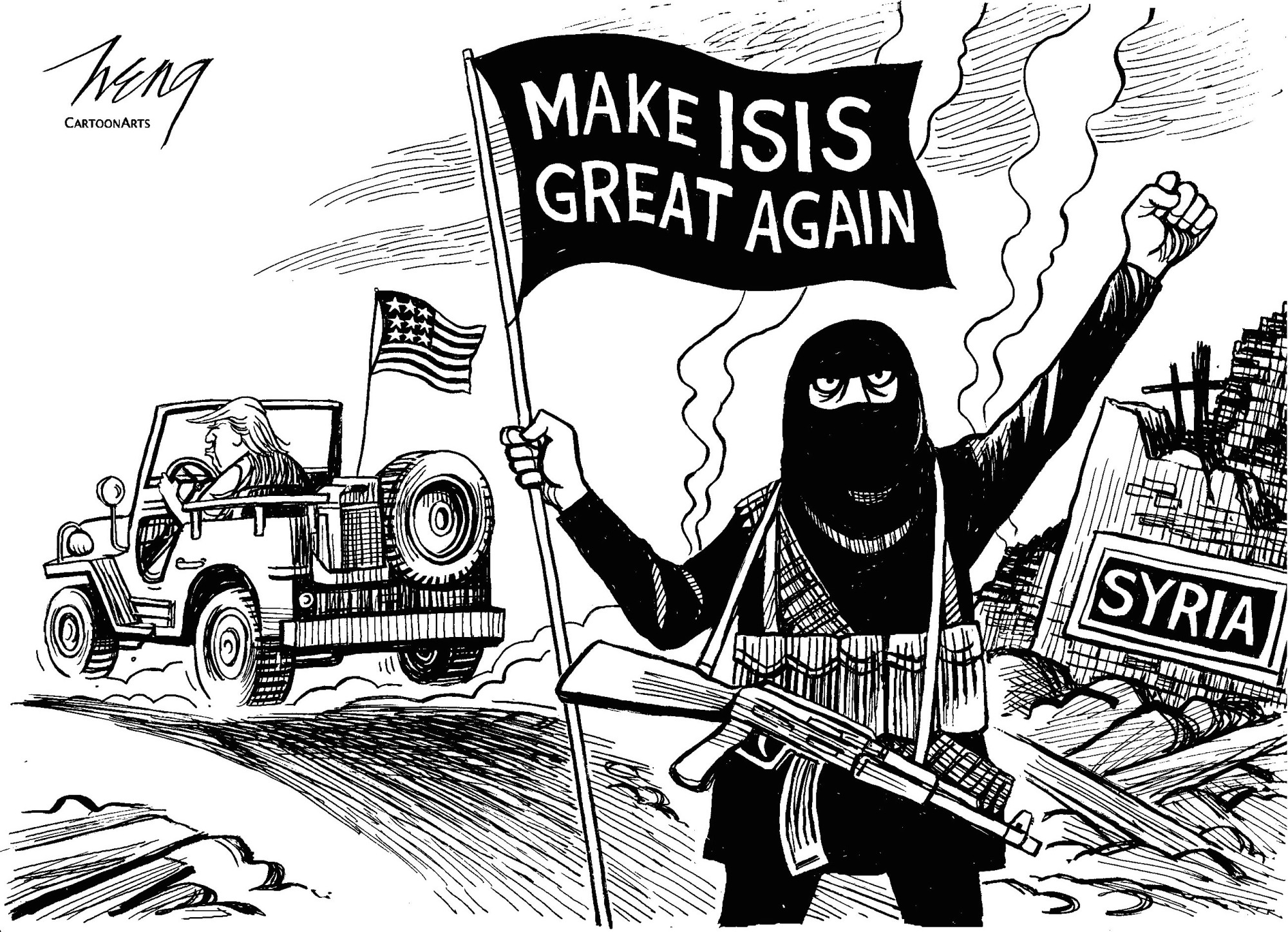The world should greet the reported killing of Abu Bakr al-Baghdadi by celebrating America's exceptional special forces, intelligence agents, CIA officers and satellite-surveillance operators. It was a complex and challenging mission flawlessly executed.
Unfortunately, it is far from "mission accomplished" in the fight against the so-called Islamic State group. The terrorists will continue to pose an extreme danger to Western interests around the world, because they are not dependent on a single charismatic leader. Rather, they are a lethal and venal ideology — structured as a loose network of operatives around the globe.
I recall the day in 2006, when I was a junior vice admiral and the senior military assistant to U.S. Secretary of Defense Don Rumsfeld, and we were in Moscow. We were called to a secure communications facility, and informed that the head of al-Qaida in Iraq, Abu Musab al-Zarqawi, had been killed in a similar mission. At the time, I thought this would be a death knell for al-Qaida, which was already on the run. But it wasn't. Ironically, after Zarqawi's death, we began to see the construction of the Islamic State.



















With your current subscription plan you can comment on stories. However, before writing your first comment, please create a display name in the Profile section of your subscriber account page.